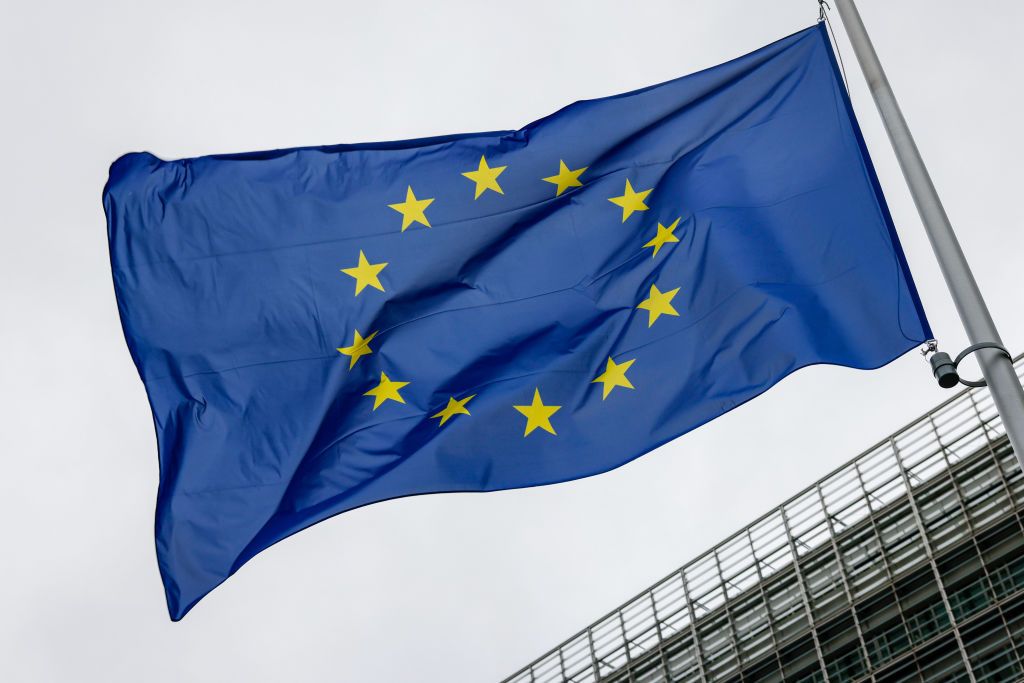European Parliament votes to criminalize circumvention of EU sanctions

The European Parliament has adopted a directive on criminalizing the violation and circumvention of EU sanctions, namely in relation to sanctions targeting Russia, the parliament's press service reported on March 12.
The EU has already announced 13 sanctions packages in response to Russia's full-scale invasion of Ukraine. The imposed measures have included trade restrictions, travel bans, freezing of assets, and more.
While the sanctions are imposed on the bloc-wide level, definitions of sanction violations and penalties vary across member states. This has led to the so-called "forum shopping," a situation when violators seek out the member states with the weakest enforcement.
The new directive defines the circumvention of sanctions and ensures that it will be treated as an offense punishable by a prison sentence of up to five years in all member states.
"Examples include concealing or transferring funds that should be frozen, hiding the true ownership of property, and not reporting necessary information," the parliament's press service said.
Humanitarian assistance or supporting basic human needs will not be counted as sanctions violations.
"The Russian invasion benefits from crooks breaking the law in Europe. They must be caught, and forum-shopping must stop," European Parliament member (MEP) Sophie in 't Veld said.
The directive was supported by 543 votes, with 45 MEPs voting against it and 27 abstaining. It still needs to be approved by the EU Council before it can become law and will enter into force twenty days after its publication in the Official Journal of the EU.











